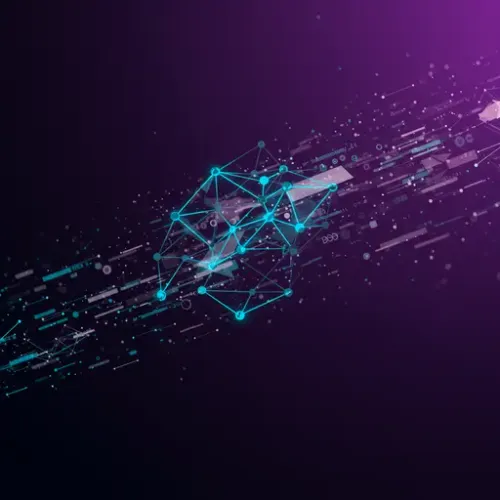The AI Generation: Youth in the Artificial Intelligence Era

The AI Report
Daily AI, ML, LLM and agents news
The AI Generation: Equipping Youth for the Future
Artificial intelligence is rapidly reshaping economies and labor markets, placing young people at the center of profound change. As digital literacy becomes as crucial as traditional skills for education, employment, and societal participation, understanding the impact of AI on youth is paramount.
Recent studies provide crucial insights into adolescent perspectives on AI. A 2020 UNICEF report involving 245 adolescents highlighted concerns that decision-making regarding AI felt adult-dominated. Young people primarily learned about AI informally, outside of school. Risks identified included rising unemployment and increased inequality, fueling fears that AI could disproportionately benefit those already in power. Despite these concerns, they also acknowledged AI's potential to streamline tasks and save time.
Further validating youth engagement, a 2022 UN OICT study surveyed 254 young people from 36 countries. The findings were telling: 93.2% viewed AI and robots favorably, and 68% expressed trust in AI. A striking 80% interacted with AI multiple times daily. While 76.3% believed AI risks were serious but controllable, 75% cited unemployment and 74.3% cited military use as top concerns. Crucially, 93% were interested in discussing AI use and regulation, and 86% wanted to collaborate with AI in the future. Both studies underscore the vital need to include young people in conversations about the future of AI, as they will be the ones living in an increasingly AI-driven world.
Young people are undeniably the most active internet users. Eurostat data from 2024 shows 97% of EU citizens aged 16-29 use the internet daily. While digital usage is high, a significant digital skills gap persists. The EU aims for 80% of its population to have at least basic digital skills by 2030; however, in 2023, only 56% possessed basic or above-basic digital skills despite high internet use. Businesses are digitizing rapidly, with 95% of EU businesses having broadband and over half using social media. Notably, 13% have already adopted AI technologies.
The changing job market demands attention. The World Economic Forum's Future of Jobs Report 2025 indicates that 60% of employers expect technology, particularly AI, to significantly impact their businesses by 2030. This will both create and eliminate jobs, driving high demand for skills in AI, big data, cybersecurity, and technological literacy. ILO research suggests generative AI is more likely to augment existing jobs than fully automate them, highlighting the importance of adapting human skills.
Despite rapid technological advancements in business, many young people are being left behind. In 2024, 11% of EU youth aged 15-29 were not in employment, education, or training (NEET). Globally, this figure was 20.4% in 2023. AI education remains uneven; much learning happens informally, leaving many without structured understanding or access to essential tools. The 'AI divide' reflects unequal access and opportunities across regions and socioeconomic groups. Bridging this requires embracing AI literacy.
Global leaders have a critical role in promoting AI literacy and implementing tailored local educational programs. Understanding AI basics is becoming essential for everyone to thrive. Addressing the AI skills gap is crucial. In early 2025, over 25 organizations, including major tech companies, formed the AI Skills Coalition, an ITU initiative aimed at democratizing access to AI training globally. Another initiative, Giga, a UNICEF and ITU collaboration, uses AI to optimize connectivity projects, addressing the reality that millions of students and half the world's schools lack online access.
As UN Secretary-General António Guterres stated, “Digital education must be human-centered, nurturing not only technical ability, but also creativity, critical thinking, and compassion. And as AI reshapes our world, young people must be seen not just as learners – but as co-creators of a fairer digital future.”
AI is transforming what it means to be young today. While it offers immense potential to address global challenges, it also risks exacerbating inequalities if not managed inclusively. Including youth voices in AI decision-making processes is not just equitable; it's essential. Their unique lived experiences, digital fluency, and creativity are invaluable assets in shaping an ethical, inclusive, and sustainable future.
Young people are active agents – learners, creators, and future leaders. We must empower them with the knowledge and critical thinking skills needed to navigate this complex landscape, ask the right questions, and lead the way forward. Integrating AI and digital literacy into school curricula is vital to foster critical thinking, bridge existing digital divides, and ensure equal access to resources, especially in low-income settings. Equipping young people with the right skills, protections, and opportunities is not merely beneficial; it is an urgent necessity for building a fairer digital world for all.

The AI Report
Author bio: Daily AI, ML, LLM and agents news
